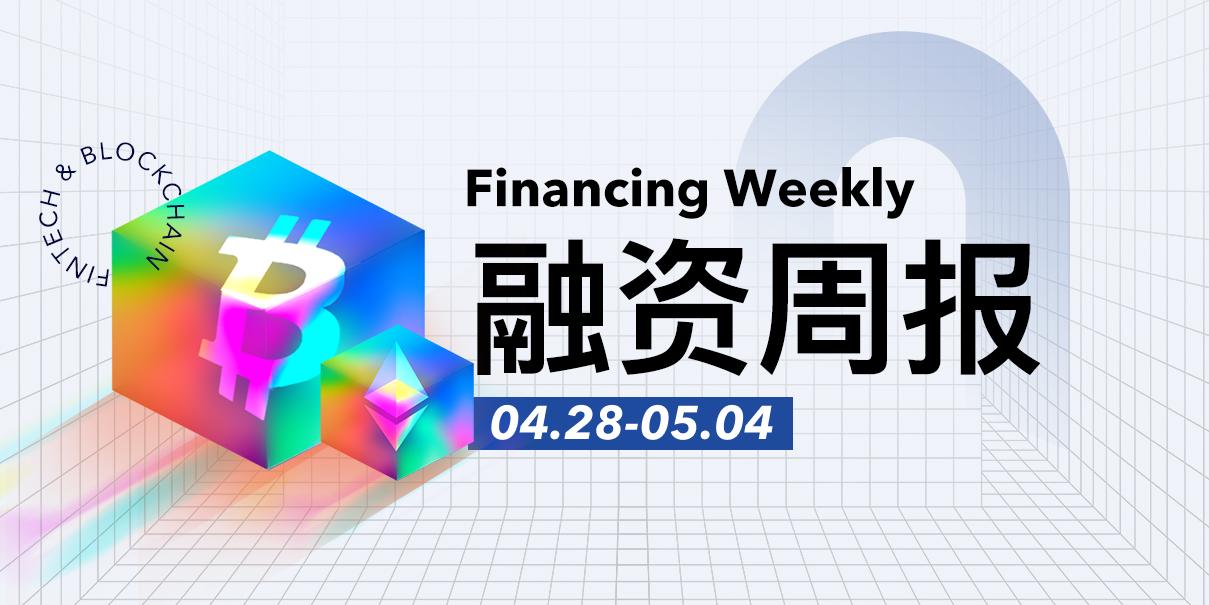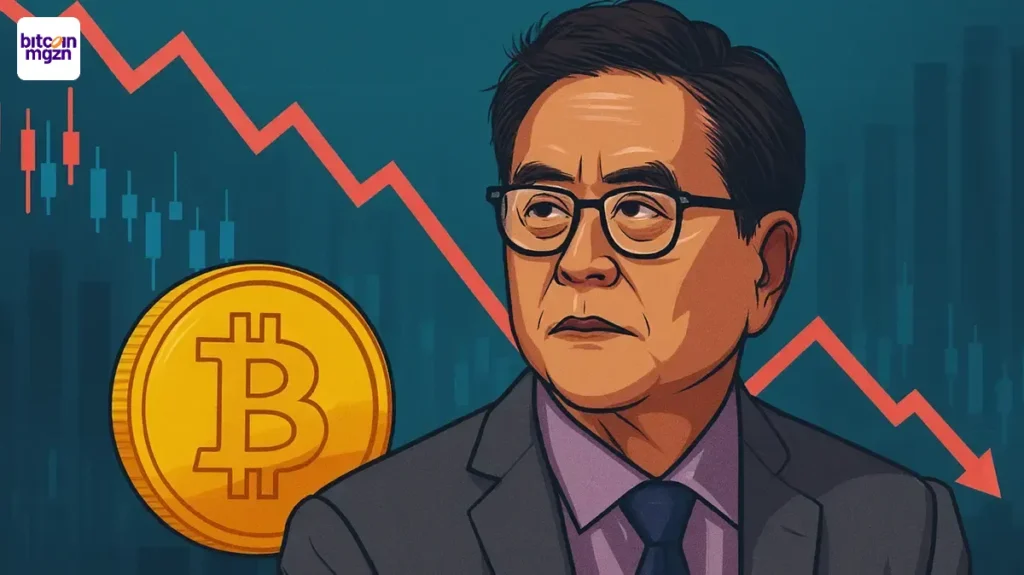“Lottery-style” mining, why do independent miners frequently win block jackpots?
By Mat Di Salvo , Decrypt
Compiled by: Feilx, PANews
Last week, another Bitcoin miner broke the mold and independently processed a block and was rewarded with 3.125 Bitcoins. At the time (including transaction fees), the reward was $259,637. In recent months, there have been many cases of independent miners mining Bitcoin blocks.
Is it just luck for the miners? Is independent mining becoming more common? Can the average person hook up a hobbyist rig and succeed with minimal resources compared to publicly traded miners?
The answers vary. “Independent miners” is a term used to describe a range of miners, from individual hobbyists to groups that prefer to operate discreetly in private. They are finding success more often, but not dramatically — and the total number is unlikely to surge significantly.
Scott Norris, CEO of independent bitcoin miner Optiminer, said mining without the support of large mining pools "is still like buying a lottery ticket."
In 2022, independent miners using Solo CKPool (a service that allows anonymous miners to mine without running their own full Bitcoin node) processed 7 blocks. In 2023, that number jumped to 12 blocks. In 2024, that number reached 16 blocks.
However, using blocks mined by Solo CKPool does not necessarily mean that someone is mining Bitcoin alone in their bedroom with a very low hash rate. Some crypto people have made this claim, but it is wrong.
The mining pool industry is dominated by a few large companies - such as Foundry, AntPool and F2Pool. Miners connect to mining pools, share resources and split rewards. Using services like Solo CKPool, miners receive rewards as soon as they find a block and keep almost all of the rewards.
As the Bitcoin network grows, mining requires more electricity and resources, and mining is usually a business run by publicly traded companies. Some Bitcoin enthusiasts believe this is bad for Bitcoin because the Bitcoin network is supposed to be as decentralized as possible.
Amateur mining devices like the Bitaxe and FutureBit Apollo, which cost between $200 and $500, have become the favorites of “Bitcoin maximalists.” In January, a FutureBit Apollo processed one block, but that was thanks to a nonprofit that donated hashrate from other machines to the machine.
At the time, anonymous Bitcoin miner Econoalchemist stated on the X platform that their idea was to "dismantle the proprietary mining empire and make Bitcoin and free technology accessible to everyone."
Although this vision is unlikely to be realized, the rise of amateur miners in recent months may be driving a significant increase in the success rate of individual mining.
“Every once in a while, and increasingly often, a Bitaxe or similar small mining rig processes a block all by itself, quietly running in someone’s home,” the Econoalchemist said.
Scott Norris of Optimer points out that businesses can have a lot of hash rate to process blocks without going through large mining pools.
Even Solo Satoshi, a Houston, Texas-based company that sells mining equipment such as the Bitaxe Gamma, says on its website that the chance of mining a block per day is 0.00068390% using a $180 Bitaxe machine with a hash rate of 1.2 TH/s.
But Matt Howard, the founder of Solo Satoshi, said that investing in independent mining is not necessarily about making money. "The main goal is to further decentralize. Finding a block and getting a Bitcoin reward is a bonus. For Bitcoin maximalists, they understand that mining needs to be decentralized."
Related reading: With global regulation on BTC mining being relaxed, is it still possible to participate in mining?
También te puede interesar

Financing Weekly Report | 13 public financing events; Privacy blockchain Miden completes $25 million seed round, led by a16z Crypto and others

Bluebird Mining secures Bitcoin funding as Philippine gold deal nears completion
